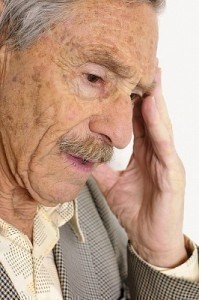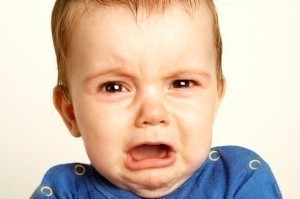What Causes Depression?
The World Health Organization (WHO) describes depression as a common mental disorder that causes the sufferer to have depressed and pessimistic mood, loss of interest or pleasure, feelings of guilt or low self-worth, irritability, restlessness, body aches and pains, disturbed sleep or appetite, low energy, and poor concentration. These problems can become chronic or recurrent and lead to substantial impairments in an individual’s ability to take care of his or her everyday responsibilities. Some persons with depressive disorder may be suicidal.
When a person has a depressive disorder, it interferes with daily life, normal functioning, and causes pain for both the person with the disorder and those who care about him or her. Depression is a common but serious illness, and most persons will require treatment to get better.
Research shows that depressive illnesses are disorders of the brain and that the brains of people suffering from depression are different from non-sufferers. The parts of the brain responsible for regulating mood, thinking, sleep, appetite and behavior appear to function abnormally as well as the chemicals that brain cells use for communication appear to be out of balance. Types of depressive disorders are:
- Major depressive disorder, also called major depression, is characterized by a combination of symptoms that interfere with a person’s ability to work, sleep, study, eat, and enjoy once–pleasurable activities.
- Dysthymic disorder, also called dysthymia, is characterized by long–term (two years or longer) but less severe symptoms that may not disable a person but can prevent one from functioning normally or feeling well.
Causes of Depression
Family History
Some types of depression tend to run in families. Genetics research indicates that risk for depression results from the influence of multiple genes acting together with environmental or other factors.
Trauma and Emotional Disorders
Trauma, loss of a loved one, a difficult relationship, or any stressful situation may trigger a depressive episode. Subsequent depressive episodes may occur with or without an obvious trigger.
Illness
Depression can also develop due to a serious physical/medical illness, a reaction to certain medications such as beta-blockers or as an outcome of substance abuse. In these cases, when the cause is successfully treated, the depression will end.
Biological
Research indicates that people suffering from depression have imbalances of neurotransmitters, natural substances that allow brain cells to communicate with one another. Two transmitters implicated in depression are serotonin and norepinephrine. It is believed that a deficiency in serotonin may cause the sleep problems, irritability, and anxiety associated with depression. Likewise, a decreased amount of norepinephrine, which regulates alertness and arousal, may contribute to the fatigue and depressed mood of the illness. Fluctuations in the levels of certain hormones may also cause depression.
Related Articles on Depression






